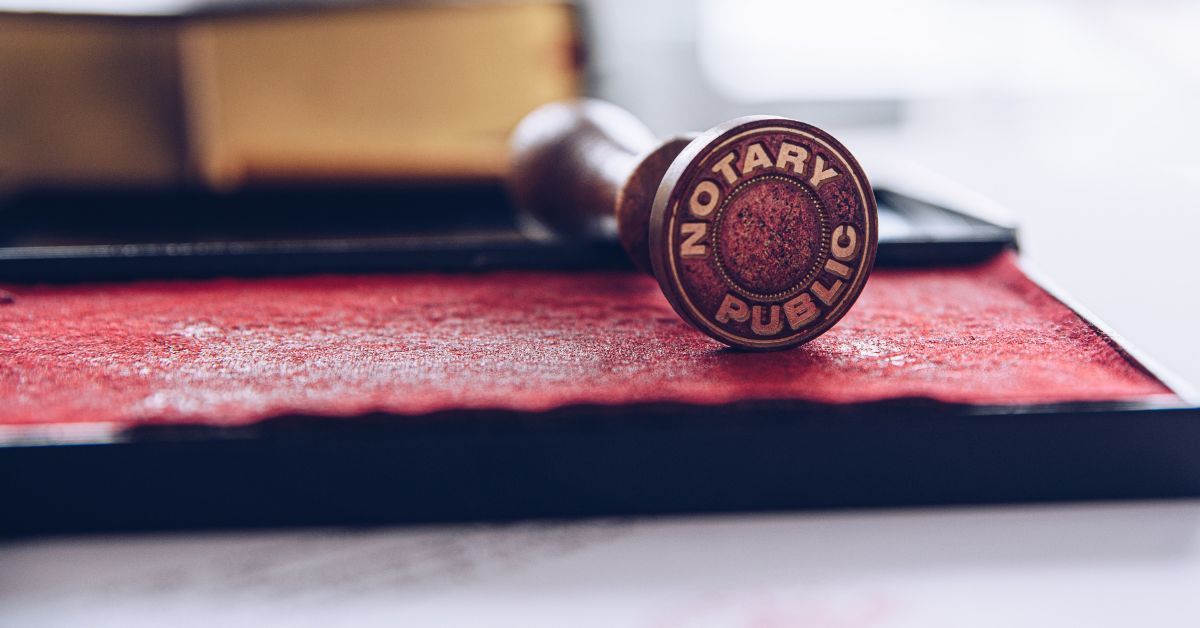In the intricate tapestry of legal processes, the Notary Public emerges as a critical figure tasked with preserving various documents’ authenticity, legality, and trustworthiness. This essay delves into the multifaceted responsibilities of a Notary Public, examining their pivotal role in verifying and certifying documents and emphasizing their indispensable contribution to upholding the credibility of legal transactions.
At the heart of the Notary Public’s responsibilities is document authentication. Whether dealing with contracts, affidavits, deeds, or powers of attorney, the Notary Public serves as an impartial witness to the signing of these documents. This impartiality is foundational to the role, as it ensures the fairness and integrity of the transaction. By affixing their official seal and signature, Notaries Public confer an aura of authenticity and reliability upon the documents they handle, fostering trust among the parties involved and those who rely on the integrity of these legal instruments.
A core duty of a Notary Public is the meticulous verification of the identity of the signatories. This involves a thorough examination of government-issued identification documents to confirm the legitimacy of the individuals involved. This careful scrutiny not only guards against potential cases of identity fraud but also reinforces the confidence of the parties in the authenticity of the transaction, assuring them that the individuals signing the document are indeed who they claim to be.
Beyond identity verification, Notaries Public play a crucial role in evaluating the mental competence of the parties involved in a transaction. This assessment ensures that the individuals are of sound mind, fully comprehend the implications of the documents they are signing, and are entering into the agreement willingly. This careful scrutiny serves as a preventative measure against potential disputes arising from claims of misunderstanding or lack of awareness regarding the contents of a document, fortifying the legal soundness of agreements.
The notarial seal and signature wield significant authority, symbolizing the official approval of the Notary Public. This endorsement carries weight in legal, financial, and governmental realms, providing a universally recognized mark of legitimacy. By elevating the status of the document, the Notary Public contributes to its wider acceptance and respect in legal contexts, both within the country of origin and internationally.
The international dimension of a Notary Public’s role is paramount in an era marked by globalization and cross-border transactions. Many countries require notarized documents for legal recognition, and the seal of a Notary Public is often a prerequisite for the authentication of documents in international dealings. This underscores the global importance of the Notary Public in facilitating seamless and trusted legal transactions across diverse jurisdictions.
Notaries Public transcend the role of mere witnesses; they act as impartial observers to the voluntary execution of documents. This function is particularly vital in situations where neutrality and fairness are non-negotiable. By overseeing the execution of legal agreements, Notaries Public contribute to the transparency of transactions, ensuring that agreements are entered into willingly and without coercion, thus upholding the principles of justice and fairness.
In conclusion, the Notary Public stands as an indispensable guardian of legitimacy and trust in document verification. Through rigorous identity verification, assessment of mental competence, and the application of their official seal, Notaries Public significantly contribute to the credibility and integrity of legal documents. In an age where the veracity of documents is the cornerstone of legal processes, the role of the Notary Public remains essential in upholding standards of legality, trust, and confidence in the legal landscape.

